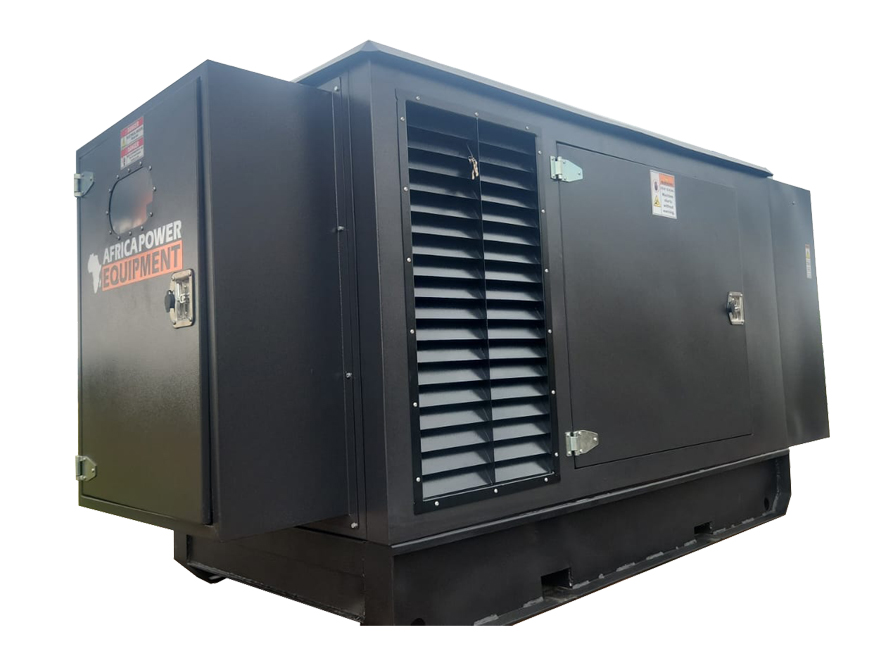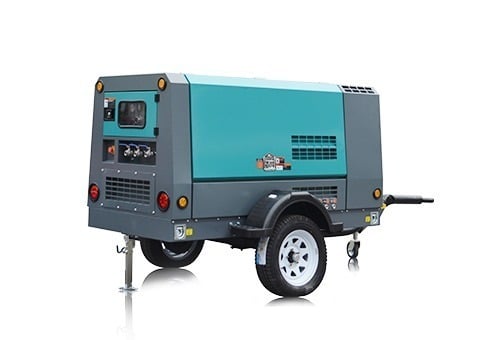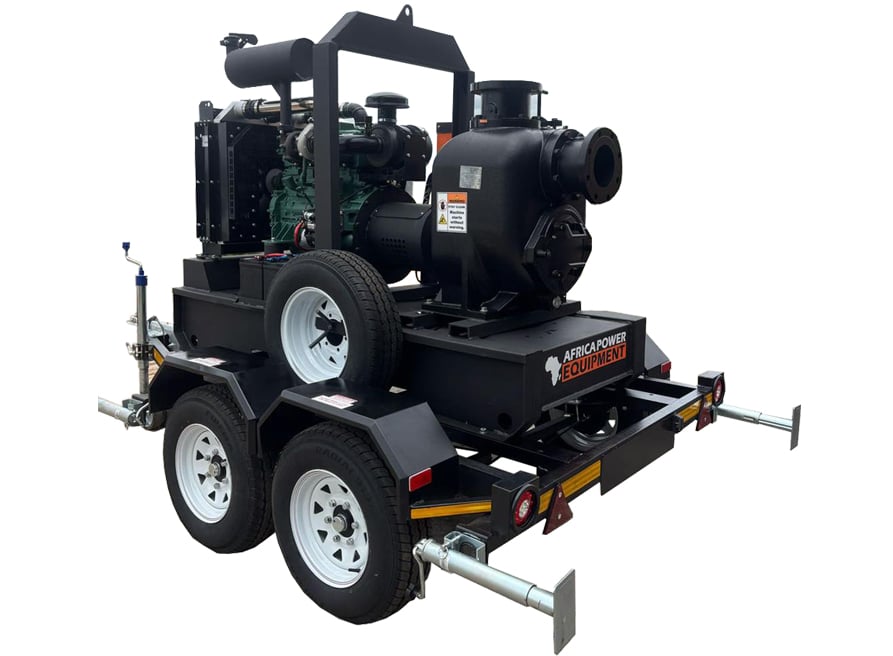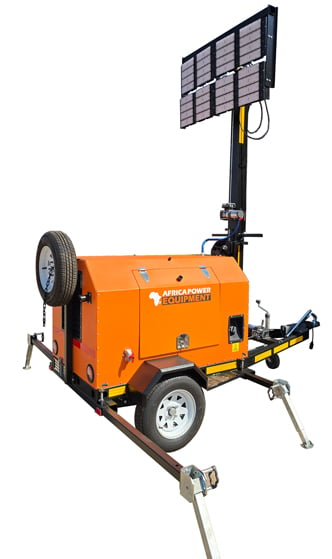Solar Panel System Safety Standards in South Africa: What You Need to Know
Installing a solar power system is an investment in energy independence, cost savings, and sustainability. But with the rapid adoption of solar technologies in South Africa, safety standards and regulations have become crucial to ensure reliable performance and protect people, property, and the electrical grid.
In this guide, we explain the key safety standards and compliance requirements for solar installations in South Africa, whether for residential or commercial use.
🔧 Why Are Safety Standards Important?
Solar energy systems operate with high voltages, current, and sometimes flammable components (like lithium batteries). Adhering to established safety standards helps ensure:
-
Electrical and fire safety
-
Structural integrity of roof-mounted systems
-
Proper integration with the national grid
-
Compliance with insurance and building codes
-
Long-term performance and warranty protection
📜 Key Solar Safety Standards in South Africa
1. SANS Standards (South African National Standards)
The most important solar-related standards are:
-
SANS 10142-1: Wiring of Premises – Low Voltage Installations
This covers electrical safety during installation, including proper wiring, earth leakage protection, and circuit design.
-
SANS 10142-1-2: Specific to embedded generation systems (e.g., solar PV)
Introduced to regulate how solar power systems are connected to the national grid.
-
SANS 10400-T: Building Regulations – Roof Structures
Ensures structural compliance for roof-mounted panels.
-
SANS 1973: Installation and safety of photovoltaic (PV) systems
Details installation safety procedures and fire risk management.
2. NRS 097-2-1
This guideline from the National Rationalised Specifications (NRS) outlines how small-scale embedded generators (SSEG) like solar PV systems connect safely to municipal or Eskom grids.
It includes:
-
Maximum system size
-
Anti-islanding protection (prevents feeding electricity back during outages)
-
Disconnection procedures
-
Protection relays
⚖️ Municipal and Legal Compliance
Different municipalities may require:
-
SSEG registration and approval
-
Electrical Certificate of Compliance (CoC) issued by a qualified installer
-
Grid connection agreements
Failure to comply may result in:
-
Fines
-
Disconnection from the grid
-
Voided warranties or insurance claims
🔎 Tip: Always check with your local municipality (e.g., Cape Town, Johannesburg, Durban) for specific solar installation rules.
👷 Installer Qualifications and Accreditation
Only a qualified electrician with a Department of Labour registration and PV training should install your solar system.
Look for:
-
SAPVIA PV GreenCard certification
-
Membership with SAAEA (South African Alternative Energy Association)
-
Registered with the Electrical Contractors Association (ECA)
This ensures:
-
Safe installation practices
-
Correct documentation and CoC
-
Eligibility for municipal approval
🔋 Battery Safety Standards
If your system includes battery storage (especially lithium-ion), ensure:
-
Compliance with UN 38.3 transport safety standards
-
Installation in a ventilated, fireproof enclosure
-
Use of Battery Management Systems (BMS) to prevent overcharging and overheating
🔥 Fire risk is low with quality equipment, but improper installation of batteries can lead to serious hazards.
🧯 Fire and Structural Safety
-
Use non-combustible mounting materials
-
Maintain clearances around inverters and batteries
-
Install DC isolators to allow emergency shutdown
-
Place warning labels on electrical boards and roof panels
-
Ensure systems can be disconnected by fire or rescue services
✅ What to Ask Your Installer
Before hiring a solar installer, ask:
-
Are you certified to issue a CoC?
-
Will my system be compliant with SANS 10142-1 and SANS 10142-1-2?
-
Will you register the system with my municipality?
-
Do your panels and inverters have relevant certifications (IEC/SANS/CE)?
-
Do you provide post-installation inspections or maintenance?
🏡 For Homeowners: Common Compliance Checklist
| Safety Element | Required? |
|---|---|
| Electrical Certificate of Compliance (CoC) | ✅ Yes |
| Anti-islanding protection | ✅ Yes |
| Grid-connection approval | ✅ Yes (for hybrid/grid-tied) |
| SAPVIA PV GreenCard installer | ✅ Strongly recommended |
| Inverter with NRS 097-2-1 compliance | ✅ Yes |
🔗 Related Articles
⚠️ Final Thoughts
Installing solar is not just a technical project — it’s a regulated electrical installation that must comply with national standards and municipal laws. Choosing qualified installers, understanding safety regulations, and following the proper procedures will protect your home, your family, and your investment.
Need help choosing a compliant system? Contact our team for expert advice and certified installation services.





